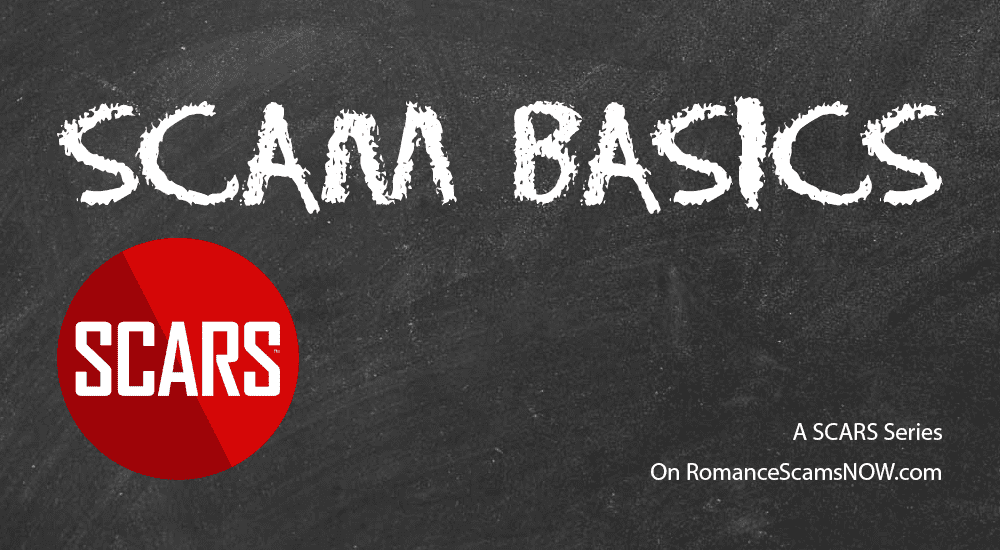The Anatomy of a ‘Mule Address’
What is a Mule Address?
A mule address is, essentially, a location where fraudsters arrange for the delivery of goods purchased with stolen credit card details. This location often takes the form of an unoccupied house or apartment, making it difficult for authorities to trace the illegal transactions back to the perpetrators. The criminal cycle usually goes like this:
- Stolen Credit Card Information: Cybercriminals obtain stolen credit card information through various means, such as data breaches or phishing scams. They also buy cloned credit cards on the dark web.
- Purchasing Goods: With this stolen credit card information in hand, the fraudsters go on a shopping spree, making purchases for high-value items like electronics, luxury goods, or gift cards.
- Mule Addresses: Rather than having the items delivered to their own homes or risk exposing their identity, the criminals opt for mule addresses. These locations can be vacant houses, properties listed for sale, or even unsuspecting individuals’ residences.
- Delivery and Retrieval: Once the packages arrive at these mule addresses, the fraudsters either physically collect them or employ intermediaries (parcel mules) to do so. These intermediaries are often recruited through various online job schemes, promising easy money for merely receiving packages and forwarding them to another location. Sometimes they tell the unsuspecting mule that they are away on vacation or have moved and packages are mistakenly being delivered to an old address.
- Repeat Offense: With the stolen goods in their possession, the criminals can either use the items themselves, sell them for profit, or continue their fraudulent activities, perpetuating the cycle.
Mule Addresses are the Perfect Cover
The appeal of mule addresses for cybercriminals is clear: they provide an effective cover for their illicit activities. These addresses are often not under surveillance, making it challenging for law enforcement agencies to connect the dots. Moreover, the use of intermediaries as package handlers (parcel mules) creates an additional layer of obfuscation.
Additionally, cybercriminals occasionally employ tactics to divert suspicion from these addresses, such as registering them under false identities or manipulating delivery services to leave packages in hidden spots to avoid drawing attention.
The rise of mule addresses poses significant challenges for authorities in combating online fraud and identity theft. It underscores the importance of awareness and the need for consumers to remain vigilant about safeguarding personal information.
Additionally, mule addresses can be used as drop points for various kinds of illicit products:
- Guns: criminals steal the identities of the property owners and purchase guns online to be dropped off at the mule address.
- Drugs: parcels containing drugs are sent to the mule addresses to avoid detection and surveillance by law enforcement.
- Cash: again, criminals often need to send cash to money mules, but do not want to send it directly to the mule’s address and risk their identification, so mule address drop points are used to obscure this.
-/ 30 /-
What do you think about this?
Please share your thoughts in a comment below!
Do You Need Support?
Get It Now!
SCARS provides the leading Support & Recovery program for relationship scam victims – completely FREE!
Our managed peer support groups allow victims to talk to other survivors and recover in the most experienced environment possible, for as long as they need. Recovery takes as long as it takes – we put no limits on our support!
SCARS is the most trusted support & education provider in the world. Our team is certified in trauma-informed care, grief counseling, and so much more!
To apply to join our groups visit support.AgainstScams.org
We also offer separate support groups for family & friends too.
Become a
SCARS STAR™ Member
SCARS offers memberships in our STAR program, which includes many benefits for a very low annual membership fee!
SCARS STAR Membership benefits include:
- FREE Counseling or Therapy Benefit from our partner BetterHelp.com
- Exclusive members-only content & publications
- Discounts on SCARS Self-Help Books Save
- And more!
To learn more about the SCARS STAR Membership visit membership.AgainstScams.org
To become a SCARS STAR Member right now visit join.AgainstScams.org
To Learn More Also Look At Our Article Catalogs
Scam & Crime Types
More SCARS
- ScamsNOW Magazine – ScamsNOW.com
- ContraEstafas.org
- ScammerPhotos.com
- AnyScam.com – reporting
- AgainstScams.org – SCARS Corporate Website
- SCARS YouTube Video Channel











![An Example of How Scammers Use Emergency Scams - 2014 [UPDATED 2024] - on SCARS RomanceScamsNOW.com](https://romancescamsnow.com/wp-content/uploads/2014/06/emergency-scams.png)

Please Leave A Comment - Tell Us What You Think About This!